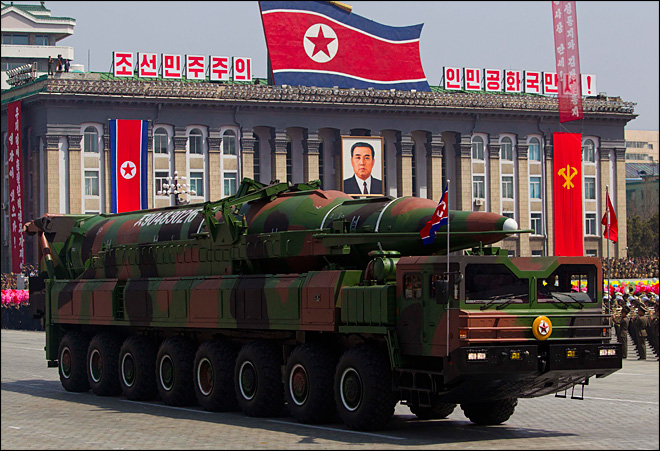According to the New England Journal of Medicine (NEJM), globalization has intensified cross-border health threats, which has led to a situation of health interdependence. This reinforces that health-related affairs do not respect national borders; and therefore, it cannot be addressed by a single state or organization. The global community is faced with the responsibility of shifting what used to be a technical and medical enterprise towards a political response and participation in global health governance.
The Path to Follow
The concept of global health governance is relatively new and it can be influenced by a number of factors, such as economic and political aspects. It is important to understand that it is not only about addressing disease-based initiatives, but it is also about enhancing the delivery of global health systems by creating a set of norms and standards that can be used and adhered by to all.
Professor Ilona Kickbusch, Director of the Global Health Programme at the Graduate Institute in Geneva, explains that good global health governance starts at home, meaning “you need strategies, policies and mechanisms to bring together sectors and stakeholders.” Thus far, global health governance has been recognized by diverse groups of actors; however, progress towards effective governance has encountered some challenges along the way.
[captionpix align=”left” theme=”elegant” width=”320″ imgsrc=”http://natoassociation.ca/wp-content/uploads/2013/08/health1.jpg” captiontext=””]
WHO Needs Leverage and Clarity
One of the multifaceted challenges lies within the existing framework of the World Health Organization (WHO). It was established in 1948 as the directing and coordinating public health authority within the UN. It is the only global health actor composed of all 194 recognized sovereign nation-states. The organization is the central authority on global health; but in recent years, it has come to share the stage with various other actors, such as the World Trade Organization (WTO), the Organization for Economic Cooperation and Development (OECD), and the Bill and Melinda Gates Foundation (BMGF).
The WHO “is responsible for providing leadership on global health matters, shaping the health research agenda, setting norms and standards, articulating evidence-based policy options, providing technical support to countries and monitoring and assessing health trends.” Like most supranational bodies, this means that the organization does not have the authority to intervene in national health systems since its mandate is limited to only recommending solutions and policies.
Global health experts have argued that the current structure of the WHO is not suitable to effectively respond to contemporary global health threats caused by globalization, and it should be given more authority- particularly for transnational crises. There is a need to redefine and clarify the role of the WHO if global health governance is expected to deliver results.
Further Roadblocks
The NEJM explains, “In the absence of a world government, there is an inherent tension between the reality of national sovereignty and the imperative of international collective action to properly manage interdependence. Sovereignty can confound attempts at transnational coordination, rulemaking, and adjudication.” Dr. Inge Kaul, adjunct professor at the Hertie School of Governance in Berlin, pointed out that this has resulted in policymakers being hesitant to give up sovereignty in global health governance, which she believes is the wrong way to approach interdependent policy areas.
If policymakers are willing to intervene with domestic public health provisions by providing basic levels of medical services and drugs, health will be a non-excludable good for everyone. If a basic level of ‘good health’ is met, it can have a positive spillover effect across borders. In addition, if policymakers across the board were to join in regulating financial markets, they could be controlled and governments could set the rules so that the markets would benefit them. Similarly, if states were to cooperate in controlling the spread of diseases, it could be accomplished more effectively through collective action. Policymakers need to change their mindset and address the fact that health threats transcend international borders; otherwise political actions to address global health will be ineffective.
Another challenge is financial. Money for global health is often set aside for development projects. This leaves insufficient funding for other sectors that are working towards implementing international agreements, like the WHO. The financing for global health governance can be regulated from the private and public sectors, and it should be viewed as a long-term investment to create a global norm with a basic right to health. The more people adhere to these norms, the less excludable they become, which further strengthens the standards of global health.
Globalization can increase the risk of health threats across transnational borders. It is something that cannot be addressed unilaterally. This is why collective action towards global health governance would be beneficial in the grand scheme of health-related concerns. In order for global health governance to be successful, policymakers across all states, sectors, and institutions need to recognize that it ultimately pays to be concerned about global health. There may be complex challenges along the way, but collective action can save financial costs and lives in the long-term.




